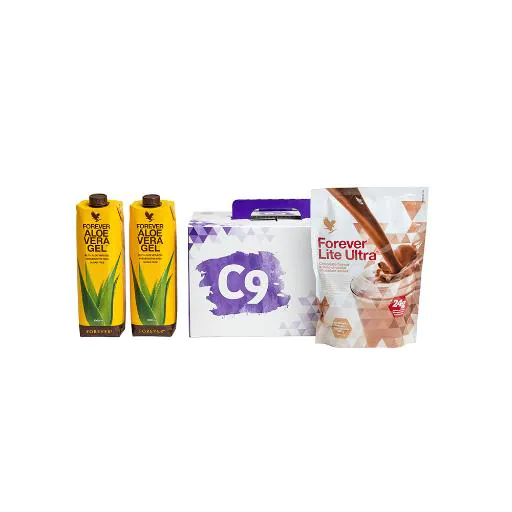This post may contain affiliate links which means I may receive a commission for purchases made through links. I will only recommend products that I have personally used! Learn more on my Private Policy page.
Inflammation is the body’s natural response to injury or harmful stimuli, but chronic inflammation can contribute to various health issues such as heart disease, diabetes, and autoimmune disorders. I know well enough how dangerous it can be. Fortunately, there are several natural ways to help reduce inflammation and promote overall well-being. Here are some effective strategies to consider:
- Anti-Inflammatory Diet: Opt for a diet rich in fruits, vegetables, whole grains, lean proteins, and healthy fats. Foods high in antioxidants, such as berries, leafy greens, and turmeric, can help combat inflammation. Avoid or limit processed foods, sugary snacks, and excess saturated and trans fats.
- Omega-3 Fatty Acids: Incorporate sources of omega-3 fatty acids, such as fatty fish (salmon, mackerel, sardines), flaxseeds, chia seeds, and walnuts. These healthy fats have anti-inflammatory properties and can help balance the body’s inflammatory response.
- Hydration: Staying hydrated is essential for overall health and can aid in reducing inflammation. Drink plenty of water throughout the day and limit excessive consumption of sugary beverages and alcohol.
- Regular Exercise: Engaging in regular physical activity helps improve circulation, boost the immune system, and reduce inflammation. Aim for a mix of aerobic exercises, strength training, and flexibility exercises for a well-rounded routine.
- Stress Management: Chronic stress can contribute to inflammation. Incorporate stress-reduction techniques like mindfulness, meditation, deep breathing, yoga, or spending time in nature to help keep stress levels in check.
- Adequate Sleep: Prioritize getting 7-9 hours of quality sleep each night. Sleep is crucial for the body’s healing and recovery processes, including reducing inflammation.
- Herbal Teas: Certain herbal teas, such as ginger, turmeric, green tea, and chamomile, have anti-inflammatory properties and can be soothing additions to your daily routine.
- Probiotics: A healthy gut contributes to overall well-being and can help regulate inflammation. Incorporate probiotic-rich foods like yogurt, kefir, sauerkraut, and kimchi into your diet.
- Limit Sugar Intake: Excessive sugar consumption can trigger inflammation. Minimize your intake of sugary foods and beverages, and opt for natural sweeteners like honey or maple syrup in moderation.
- Spice it Up: Spices like turmeric, ginger, garlic, and cinnamon contain compounds with anti-inflammatory effects. Incorporate these spices into your cooking for added flavor and potential health benefits.
- Hydrotherapy: Alternating between hot and cold water in showers or baths can promote blood circulation and reduce inflammation. Always consult with a healthcare professional before trying this approach, especially if you have any medical conditions.
Remember, everyone’s body is different, and it’s important to consult with a healthcare provider before making significant changes to your lifestyle. These natural approaches can complement medical advice and help promote a balanced, anti-inflammatory lifestyle. By making conscious choices in your diet, exercise routine, and daily habits, you can take steps toward reducing inflammation and improving your overall health.













